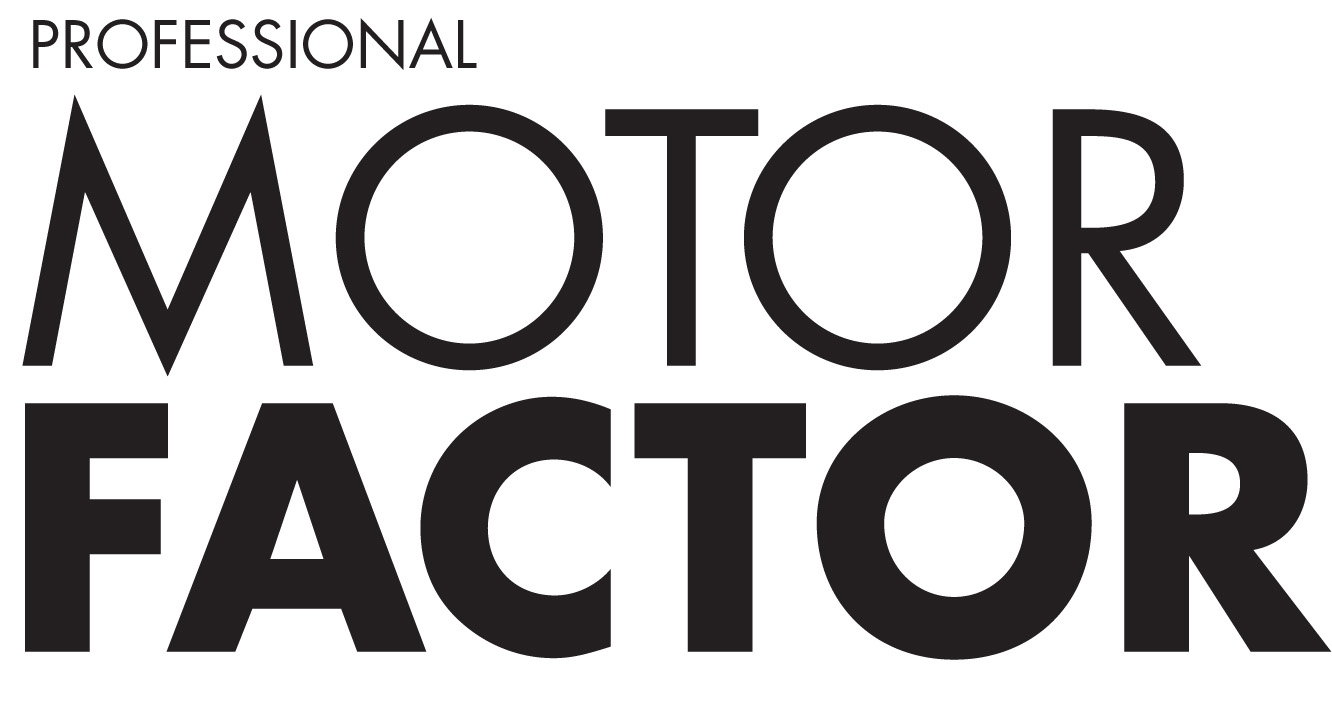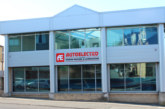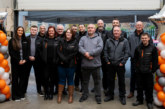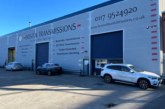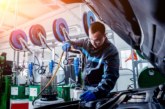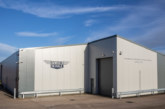Klarius highlights importance of anticipating demand
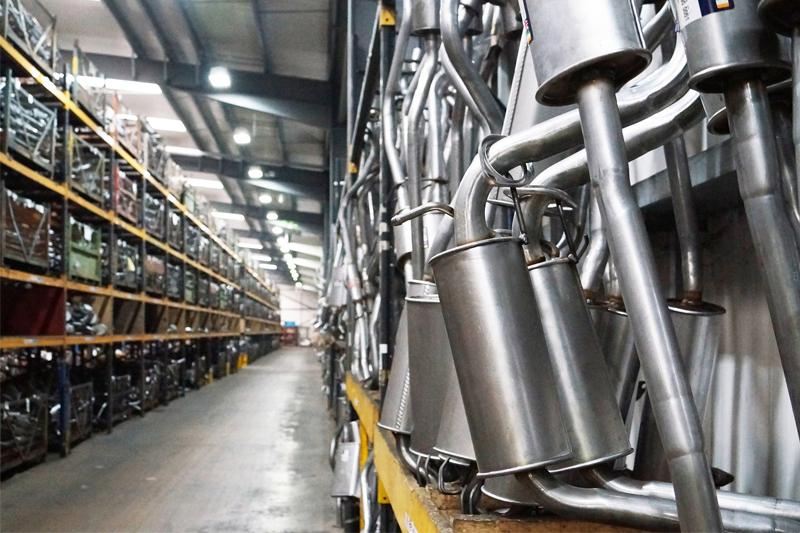
Whether you’re stocking for the workshop around the corner or supplying garages nationwide, understanding what’s coming next helps you to shift stock to effectively meet demand, not scramble to catch up with it, according to Klarius Head of Product Development, Doug Bentley.
Those that keep a close eye on environmental legislation, customer expectations and technological developments are better placed to source the right products, avoid returns and build a reputation for reliability that will keep customers coming back year after year.

The regulatory tide is turning
While headlines focus on EVs and new models, some of the most important changes for the aftermarket are happening gradually. Exhaust systems, for instance, have come a long way from being just a pipe and a silencer. They’re now a key part of vehicle efficiency, performance and environmental compliance.
Stricter emissions targets are the clearest driver. With every new regulation, VMs are refining how they control NOx, CO₂ and particulate matter – and aftermarket suppliers must follow suit; for example, the upcoming Euro 7 regulations – due for introduction in 2026 – place increased emphasis on the longevity of any emissions control systems, with cars and vans expected to meet their standards for 10 years and 124,000 miles (200,000 km), according to the RAC.
Components, like catalytic converters, DPFs and selective catalytic reduction systems, are now standard across much of the UK vehicle parc. You need to be ready to supply replacements that match these technologies not just in form, but in function.
At the same time, material longevity is under greater scrutiny; aluminised steel offers strong resistance to corrosion while maintaining an accessible price point. As vehicles stay on the road for longer, longlasting components are no longer a luxury, but rather something that’s expected as standard. Stocking parts that stand the test of time gives workshops fewer comebacks and builds trust.

The connected exhaust system
The integration of exhaust systems with vehicle ECUs and IoT sensors represents another fundamental shift. Modern vehicles increasingly rely on sophisticated diagnostic capabilities to monitor emission control performance in real-time. Though they aren’t mandatory yet, electronic flaps that regulate noise and back pressure are becoming valuable differentiators in premium applications, especially with plans in place to drop limits on vehicle noise from the current 72dB to just 69dB in 2026.
This connectivity demands components designed with integration. Generic, onesize- fits-all solutions cannot deliver the precision required for these advanced applications. Instead, success depends on components engineered specifically for each vehicle platform, with exact fitment tolerances and electronic compatibility.

Why choice matters
The quality and precision of the components you offer, therefore, make a difference. When workshops are faced with complex systems, tight schedules and rising customer expectations, they don’t just need a part that fits – they need a part that performs exactly as expected, first time and every time.
That’s where manufacturers, like Klarius, excel. Every emissions control component is engineered to match or exceed OEM standards, with design, testing and manufacturing carried out inhouse for full control over quality. Parts are supported with detailed catalogue data to ensure accurate fitment, and every product comes with a minimum two-year warranty and a fit first-time guarantee.
That means fewer returns, less wasted time and a stronger reputation with your customers.

